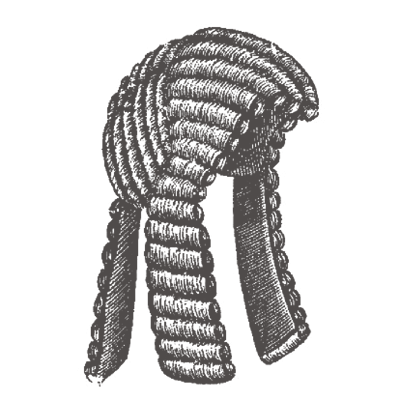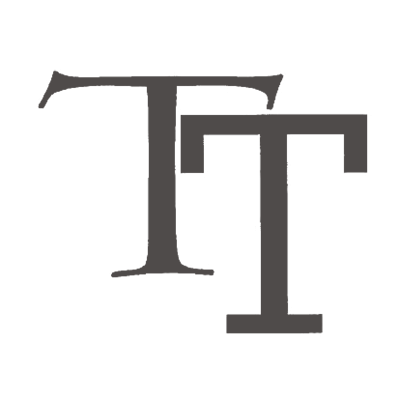When does a journalist infringe a company’s reputation?
The press enjoy the constitutional freedom of expression and fulfil citizens’ right to objective societal information, oversight and criticism. Where is the boundary the media must not cross before colliding with the personal rights of others? Can journalists report news derived from third parties, and are they required to report only true information?

(R)evolution in dealings between taxpayers and tax authorities
The draft Act on Resolution of Double Taxation Disputes and Conclusion of Advance Pricing Agreements would introduce a new tax institution, the Cooperation Programme, as part of its implementation of the conception of horizontal monitoring. The Cooperation Programme is intended to enter into force on 1 July 2020.

Przesłuchanie w postępowaniu karnym – poradnik dla przedsiębiorcy i jego pracowników
Nasi klienci często kontaktują się z nami, gdy oni sami lub ich pracownicy otrzymają wezwanie na przesłuchanie. Często nie wiedzą, dlaczego zostali wezwani. Pytają, jak mogliby się uzyskać informacje, czego dotyczy dana sprawa. Chcieliby wiedzieć, jak takie przesłuchanie przebiega i jakie są ich prawa i obowiązki.

Type of trademark and evaluation of its genuine use
The Court of Justice has finally resolved the case of an EU trademark displaying an X on the side of a sports shoe. The German company Deichmann SE sought revocation of the registration, claiming there was no genuine use of the mark.

KOWR consent to acquire agricultural land: A new approach
The Act of 26 April 2019 Amending the Agricultural System Act and Certain Other Acts made changes to the trading in agricultural real estate in Poland. It also clarified the procedure and conditions for consent to acquisition of agricultural real estate by an entity not meeting the definition of an individual farmer, and not qualifying as a family member of the seller or other entity exhaustively listed in Art. 2a(3) of the Agricultural System Act.

Acquisition of banks under KNF supervision
The act of 9 November 2018 amending a number of laws, including the Banking Law, in order to reinforce oversight of the financial market entered into force at the beginning of this year. A new chapter was consequently added to the Banking Law concerning forced acquisition of banks coordinated by the Polish Financial Supervision Authority (KNF). The act has now been in force for several months, and it is a good occasion to examine in more detail the new powers vested in KNF.

The condition of possession applied only to legal successors of the prior owner of Warsaw property and became irrelevant after 1946
In judgments dated 22 May 2019, the Province Administrative Court in Warsaw issued its first extensive ruling on the condition of possession under the Warsaw Decree. The court held that this condition applied only to the legal successors of the prior owner of the real estate and was a condition for effective filing of a decree application, not granting of the application. And after 1946, this condition became irrelevant.

Fate of retail sales tax hangs in the balance
The Retail Sales Tax Act entered into force on 1 September 2016, but so far the state has not raised a single zloty from the tax. Since the European Commission filed an appeal on 24 July 2019 against the judgment of the General Court, the first collection of the tax has been further postponed.

The simple stock company
Funkcjonowanie spółek handlowych podlega ograniczeniom płynącym ze sztywnego gorsetu przepisów Kodeksu spółek handlowych. Od 1 marca 2020 r. należy się spodziewać istotnych zmian w tym względzie. Prezydent właśnie podpisał ustawę o prostej spółce akcyjnej.

Court of Justice on the rule of law: Analysis of the judgment
In the judgment issued on 24 June 2019 in Commission v Poland (Case C-619/18), the Court of Justice held that the law reducing the retirement age of judges of the Supreme Court of Poland violated Art. 19 of the Treaty on European Union, which amplifies the principle of the rule of law set forth in Art. 2 of the treaty. Why was this judgment issued?

Manufacturing waiver weakens SPCs
Regulation (EU) 2019/933 of the European Parliament and of the Council of 20 May 2019 amending Regulation (EC) No 469/2009 concerning the supplementary protection certificate for medicinal products entered into force on 1 July 2019. The regulation introduced a “manufacturing waiver” excluding certain acts by drug manufacturers in the EU from the protection awarded under supplementary protection certificates.

Omegatiming is only for Omega. But what about megatiming?
Sometimes after receiving a cease-and-desist letter, or during the course of litigation, an infringer will replace its disputed name with a new, modified name. But often such changes are unsatisfactory for the plaintiff and are also challenged. Are the defendant’s prior actions and the designations previously used by the defendant relevant to evaluation of the new, modified designation? How to assess a situation where the defendant modifies its name while attempting to maintain continuity with the one it previously used?
